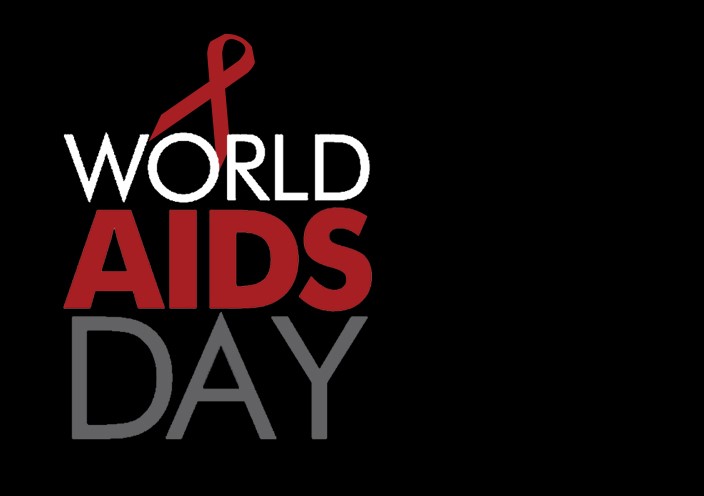World AIDS Day
December 1, 2018 | Expert Insights

World AIDS Day takes place on 1st December each year. It’s an opportunity for people worldwide to unite in the fight against HIV, to show support for people living with HIV, and to commemorate those who have died from an AIDS-related illness.
Background
36.7 million people worldwide live with HIV/AIDs. Despite the virus only being identified in 1984, more than 35 million people have died of HIV or AIDS, making it one of the most destructive pandemics in history.
There is currently no cure or effective HIV vaccine. Treatment consists of highly active antiretroviral therapy (HAART) which slows the progression of the disease. As of 2010 more than 6.6 million people were taking them in low and middle-income countries. Treatment also includes preventive and active treatment of opportunistic infections.
Benefits of treatment include a decreased risk of progression to AIDS and a decreased risk of death. In the developing world treatment also improves physical and mental health. With treatment, there is a 70% reduced risk of acquiring tuberculosis. The effectiveness of treatment depends to a large part on compliance. Reasons for non-adherence include poor access to medical care, inadequate social supports, mental illness and drug abuse.

Analysis
Founded in 1988, World AIDS Day was the first ever global health day. Acquired immunodeficiency syndrome (AIDS) is a chronic, potentially life-threatening condition caused by the human immunodeficiency virus (HIV). By damaging the immune system, HIV interferes with the body's ability to fight the organisms that cause disease, leaving patients devastatingly immunocompromised.
HIV is a sexually transmitted infection (STI). It can also be spread by contact with infected blood or from mother to child during pregnancy, childbirth or breastfeeding. The virus spreads through bodily fluids, which is why blood transfusions or reused needles also spread HIV.
Without medication, it may take years before HIV weakens an individual's immune system to the point of causing AIDS. HIV infection weakening of the immune system makes patients more likely to develop numerous infections, such as tuberculosis, and certain types of cancers.
The drug emtricitabine-tenofovir (Truvada) can reduce the risk of sexually transmitted HIV infection in people at very high risk.
Assessment
Our assessment is that World AIDS Day is important as it reminds the public and government that HIV has not gone away there is still a vital need to raise money, increase awareness, fight prejudice and improve education on the disease. We believe that the HIV/AIDS pandemic may pose a serious risk to stability and security.
India Watch
India has the third largest HIV epidemic in the world, with 2.1 million people living with HIV. Overall, India’s HIV epidemic is slowing down. Between 2010 and 2017 new infections declined by 27% and AIDS-related deaths more than halved, falling by 56%. However, in 2017, new infections increased to 88,000 from 80,000 and AIDS-related deaths increased to 69,000 from 62,000. Compared to neighbouring countries, India has made good progress in reducing new HIV infections by half since 2001.
Despite free antiretroviral treatment being available, uptake remains low as many in India face difficulty in accessing clinics.
Synergia Intervention
The Synergia Foundation’s effort to assist national governments in providing reliable AIDs treatment began in the early 1990s. Through work on the field, we gained an understanding of the situation in the African continent and set about resolving what we saw as one of the primary problems: the high cost of healthcare, especially for those afflicted with tuberculosis, malaria and AIDS, diseases that can grow into epidemics and have a long-term debilitating impact on a country’s economy.
In 1994, in collaboration with Médecins sans Frontières (MSF, also known as Doctors Without Borders) and the WHO, we build a resilient supply chain for anti-retroviral drugs. We helped international regulatory agencies to validate manufacturing facilities in India and coordinated the supply of high-quality drugs at affordable prices.
As a result anti-retroviral (ARV) medicines, were available at nearly 30% of the original cost for the people of Africa and the rest of the world. This pro-bono initiative brought a breakthrough in AIDS treatment and is currently helping millions of afflicted patients all over the world.








Comments